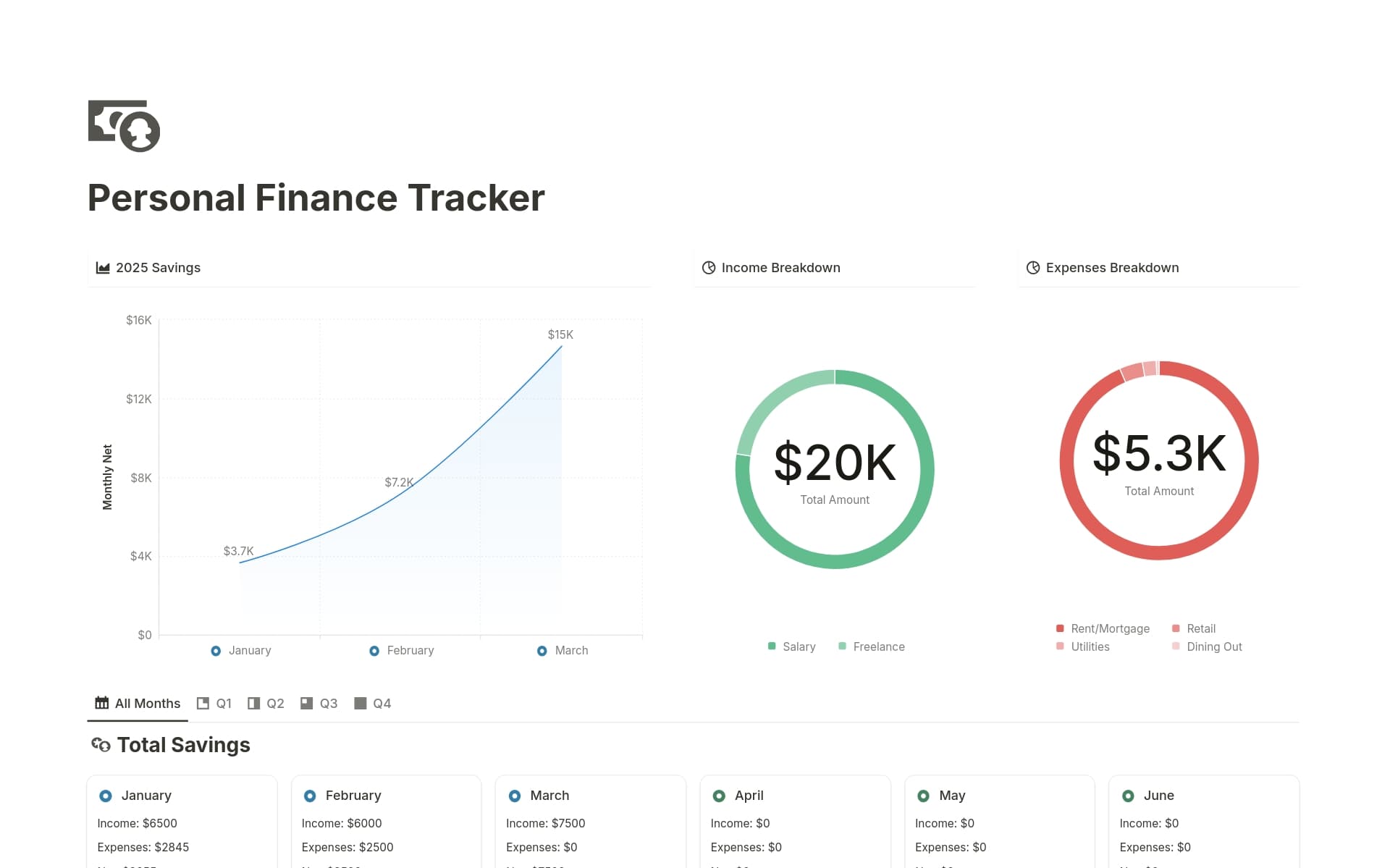For SEO specialists, tracking the lifecycle of a product from conception through launch is a structured method to ensure visibility and searchability at each phase. A Product Launch Tracker in Notion provides a centralized location for managing tasks, deadlines, team roles, and essential SEO components critical for a product's market impact. Before endeavoring to create your own Product Launch Tracker template, consider exploring these existing templates designed to streamline the process, enhancing efficiency and ensuring no detail is overlooked.
What Should Product Launch Tracker Templates Include?
Choosing the right Product Launch Tracker Template can streamline your SEO efforts and ensure a smooth rollout. Here are key components to look for in an effective template:
Timeline Management - This feature should allow you to schedule and visualize key milestones and deadlines, ensuring that every phase of the launch is executed on time.
Task Assignment - A good template will enable you to assign tasks to team members, track progress, and update statuses to keep everyone on the same page.
Resource Allocation - It should provide tools to manage and allocate resources effectively, ensuring that you have everything you need for each stage of the product launch.
Analytics and Reporting - Look for templates that include options for tracking performance metrics and generating reports to gauge the success of your product launch.
Selecting a template with these components will help you manage your product launch more effectively, keeping your project organized and on track.
What Should Product Launch Tracker Templates Avoid?
Choosing the right Product Launch Tracker Template is crucial for streamlining your SEO efforts and ensuring a smooth rollout. However, some features can hinder rather than help. Here are three key components to steer clear of:
Overly Complex Features: Avoid templates with complicated features that you won't use. These can clutter your workflow and reduce efficiency.
Non-Customizable Elements: Templates that don't allow customization can be restrictive. Look for templates that can be easily adjusted to fit your specific needs.
Lack of Integration Options: Ensure the template supports integration with other tools you use. A lack of integration can lead to manual data entry, which is time-consuming and prone to errors.
Selecting a template that avoids these pitfalls will help you maintain a clear and effective path to launching your product successfully.













